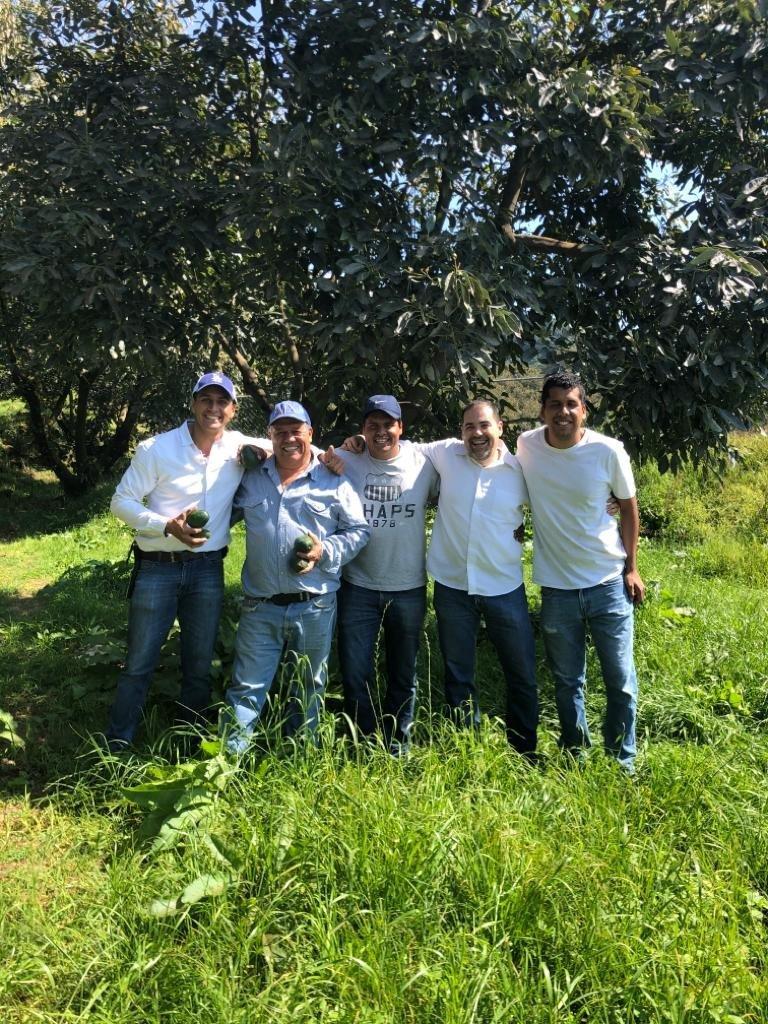In the investigative work titled Ecological and human dimensions of avocado expansion in México, profits resulting from this recent avocado boom “are concentrated among a few, powerful large producers, thereby limiting the social and economic benefits to the local community.” Juan, a small-scale farmer and Equal Exchange partner near the city of Peribán, provides context: “The majority of producers are smallholders, but newcomers tend to be large companies who are establishing themselves in the market.” With these new arrivals, he continues, “There is a larger profit that we as smallholders haven’t seen.” The profits raked in by larger companies most often end up in the hands of foreign ownership rather than benefiting the local economy. More yet, the market oversaturation brought on by these corporations drives down the prices paid to all producers.
The Fair Trade Alternative
Equal Exchange imports avocados exclusively from democratically structured, organic- and Fairtrade-certified cooperatives of small-scale farmers (each possessing under 10 hectares of orchard) in Michoacán. With direct weekly pricing negotiations, additional Fairtrade premiums paid to the cooperatives, and collaborative efforts to maximize efficiency, both parties strive to thrive ethically in an industry dominated by large, foreign-owned corporations.
As part of a cooperative, small-scale farmers have their avocados harvested and sold collectively. In doing so, they amplify their power within a market in which large-scale foreign corporations—and the packhouses that often serve as a bridge to them—wield undue control over pricing. In addition to economic benefits, the cooperatives foment positive ecological impacts in a region deeply affected by both local and global environmental trends.
As if economic and environmental improvements aren’t enough, our partnering cooperatives also strive to bolster social services and general welfare in their respective communities. Such efforts are made possible by a “Fairtrade premium” of $1.356 per case of avocados that Equal Exchange tacks on to every purchase order. During the busiest times of the growing season, these premiums can amount to over $7,000/week (USD) paid to the cooperatives with the express purpose of reinvesting in their local communities.



